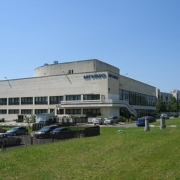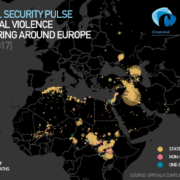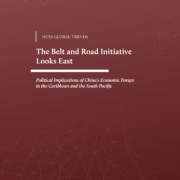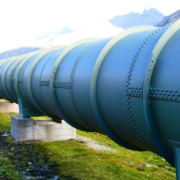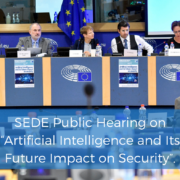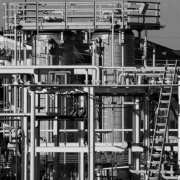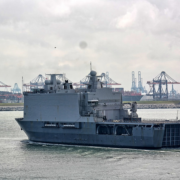Wie roept de Verenigde Staten tot de orde?
Amerikaanse presidenten, van Reagan tot Trump, beschuldigen landen ervan outlaw states of rogue states te zijn. Dat zijn landen die door een potentaat worden geleid en een bedreiging voor de wereldvrede zijn. Zo nodig moeten die met geweld tot de orde worden geroepen. Ik vraag me steeds vaker af wie Amerika zelf tot de orde roept.
In eigen land krijgt Trump weinig tegenspel omdat het Congres zwak en verdeeld is en nog nauwelijks kennis van butenlandbeleid en defensie heeft. De rest van de wereld houdt vooral de adem in.
Dat Trump de wereldorde ten gronde richt die zijn voorgangers met bloed, zweet en tranen hebben opgebouwd, leidt niet tot algemene verontwaardiging en de relatie met onze welvaart en veiligheid wordt onvoldoende gelegd. De vraag wat voor land Amerika is geworden nu één man, president Trump, zonder noemenswaardige tegenstand zijn sloopwerkzaamheden verricht, wordt angstvallig vermeden.
Het laatste wapenfeit is de ontmanteling van het INF-akkoord dat de stationering van middellangeafstandsraketten met kernladingen in Europa voorkwam. Die wapens waren bedoeld om een kernoorlog tussen de Sovjet-Unie en Amerika tot Europa beperkt te houden zodat beide supermachten zouden worden gespaard. Europa zou dan in een radioactieve puinhoop veranderen, maar daar zaten de Russen en Amerikanen niet mee. Als Washington en Moskou maar gespaard bleven.
Gejuich
Om daar tegen te protesteren organiseerde Mient Jan Faber in 1983 de grootste demonstratie ooit en verzamelende hij 3,7 miljoen handtekeningen tegen de plaatsing van de middellangeafstandsraketten in Nederland. Die wapens werden vanwege hun korte vliegtijd als destabiliserend, dus bedreigend voor de wereldvrede gezien. De enige maatregel die tegen het gebruik van die raketten mogelijk was, was ze zelf als eerste te lanceren. Een foute inschatting was voldoende om heel Europa uit te moorden. Het INF-akkoord werd daarom met gejuich ontvangen. De raketten kwamen in het Air and Space Museum in Washington terecht.
De kwestie spleet destijds de Navo en dat lijkt nu weer te gebeuren. We zijn dus terug bij af. Waarom? Trump gelooft niet in verdragen. Het is America first en de rest van de wereld kan stikken. Hij blaast een cruciaal verdrag op dat essentieel is voor de veiligheid van Europa. De aanleiding? Rusland ontwikkelt de 9M729 kruisraket die in strijd met het verdrag is.
Ik zou zeggen: als Rusland het verdrag schendt, ga dan onderhandelen in plaats van een verdrag op te zeggen waardoor een nieuwe wapenwedloop dreigt. Poetin wil dat inmiddels ook. Maar Trump voelt zich door het verdrag vooral beknot in het pareren van de Chinese dreiging. Dit land investeert inderdaad hevig in middellangeafstandsraketten om te voorkomen dat Amerikaanse oorlogsschepen de Zuid-Chinese Zee in kunnen varen. Ook hier lijken mij onderhandelingen belangrijker dan het opzeggen van een verdrag.
De toekomst van het INF-akkoord wordt daarom een lakmoestest voor het Amerikaanse Congres. Omdat het verdrag door de Senaat is geratificeerd is kan het Congres zijn tanden laten zien. Gebeurt dat niet, dan is het evident dat Trump zelf de potentaat is die de wereldorde naar believen kan slopen en de wereldvrede op het spel kan zetten.
De column van Rob de Wijk verschijnt wekelijks in Trouw.


